The first, that it flies to the highest point;
The second, that it does not suffer for company, not even of its own kind;
The third, that it aims its beak to the skies;
The fourth, that it does not have a definite colour;
The fifth, that it sings very softly.
These beautiful lines by the 16th-century Spanish mystic John of the Cross are from verse 121 of his cycle of reflections Sayings of Light and Love. John himself tells us that the lines are intended to convey devotion to God, a surrender to the Oneness beyond our own limited horizons, and a sweet contemplation of the reuniting of the soul with the spirit. In this the lines convey the same sense of mystic surrender as Hildegard von Bingen’s comment that she saw herself as ‘a feather on the breath of God’.
But lines which contain such greatness of spirit can reach beyond even the meanings which their author intended. The fourth condition, that the solitary bird ‘does not have a definite colour’, might at first puzzle us. Why should the bird have no definite colour? Everything in nature has a colour which can be defined. Outside my window I can now see the leaves on the trees turning from summer green to autumn gold. The colours of the leaves change with the seasons, but I still can look at them and see what colour they are. We habitually name things, we classify things into categories and subcategories. A lion is a lion, but it also is a member of the big cat family, which are in turn carnivorous mammals. Everything needs to be named and grouped. The book of Genesis even tells us that Adam’s first task was to assign names to everything in Eden.
Even when I watch a wildlife documentary, the narrator assigns names to those lions, apparently to make the animals more like human characters, and therefore to appeal more to the viewer. They become Sita the lioness and her cubs Manu and Pola: names which the animals themselves remain entirely unaware of. An animal identifies another individual by a whole package of sensations: sight, scent, touch, all working together. Maybe we should, instead of foisting names on everything, try to see the ‘whole package’ more. A name can become a label, and a label is used to define something.
As John of the Cross was aware, to define something can also be a way of limiting it, of imposing personally-perceived borders and restrictions, of confining that thing to a particular set of expectations that we might have about it. He had no wish to subject his solitary bird to such confinement. His precious bird of the spirit needed complete freedom to exist. Names and definitions can so easily become walls, and even to assign his bird a specific colour would have been to build a wall of sorts around it.
And John of the Cross knew about walls. Imprisoned by his own Carmelite superiors for his reformist views, he was confined for years in a dark cell barely wider than he was tall. The lines which begin my post were written on paper smuggled to him by his guard, and written by the dim light of a small window to the adjoining cell. His triumph was to dissolve the walls which confined him, to allow his solitary bird to soar to the skies, without restrictions, without definitions, singing very softly, but still with a song that would be heard over six centuries after he had launched it into the skies.
Image: Performance of the Momix Dance Theatre Company
photographer: Allessandro Bianchi



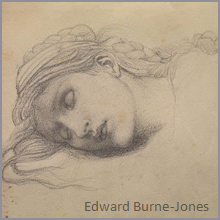

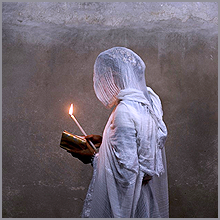
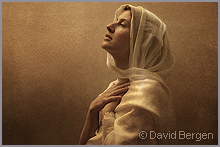
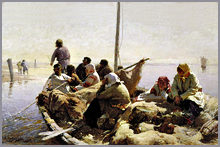
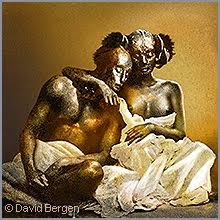
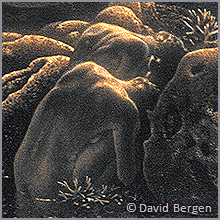

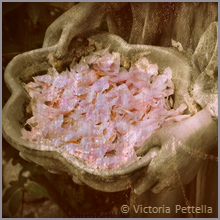
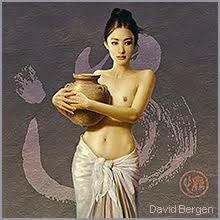

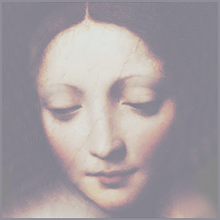
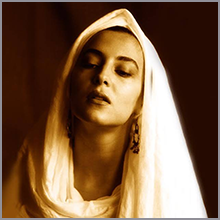
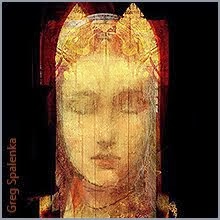
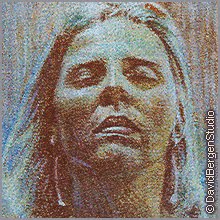











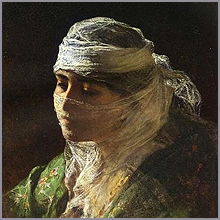
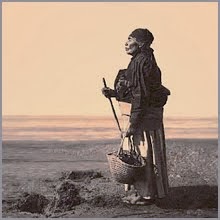

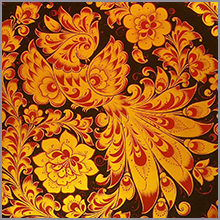

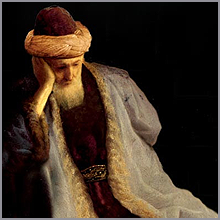
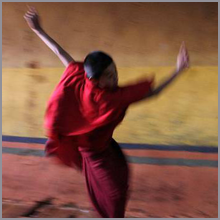




Before I finished reading this new blog I already had a huge smile on my face. Sometimes the universe smiles through us, and the smile expresses the acknowledgement of what Emma is pointing to. Emma is conveying not only a glimpse of the inner meaning of the John of the Cross’s beautiful poem but a deep truth about our true nature within. In our modern world we are obsessed with knowledge, but this type of knowledge entails a continuous gathering of more and more information followed by continued analysis. We call this knowledge but much of it is, as Emma points out, simply labeling. And labeling is a form of judging and defining. This type of knowing has value for many practical things but it merely skirts the periphery of what we call “reality.” We can easily become lost in this mental dimension. Furthermore, our thoughts can become beliefs thereby bestowing them the power to become the very bars of our own self-created prison. Such a prison closes us to the light of Consciousness or Spirit that is alive and present within us. Emma insightfully states,
ReplyDelete“As John of the Cross was aware, to define something can also be a way of limiting it, of imposing personally-perceived borders and restrictions, of confining that thing to a particular set of expectations that we might have about it. …. Names and definitions can so easily become walls, and even to assign his bird a specific colour would have been to build a wall of sorts around it.”
Although John of the Cross was imprisoned he was truly free for he had realized the unlimited and timeless essence that resides within the limited and time bound. Thank you Emma for your wonderful blog and pointing to the inner reality within all of us that transcends thought.
Dear Joseph, you so well understand (as I knew you would!) the crucial difference between knowledge and knowing, which (among other themes) is what John of the Cross wishes to express here. We have indeed become obsessive in our pursuit of knowledge, of wanting to label everything. It is the way of the rationalizing mind, but such a course does not really bring us closer to knowing, to the intuitive knowledge discovered by the heart, which reaches beyond the simple knowledge of the material world around us. This more profound knowing allows us to glimpse the greater realities behind the knowledge which comes with sticking labels onto things. Such a knowing is the way out of the prison of the mind, the way to let the bird of the spirit soar!
ReplyDelete